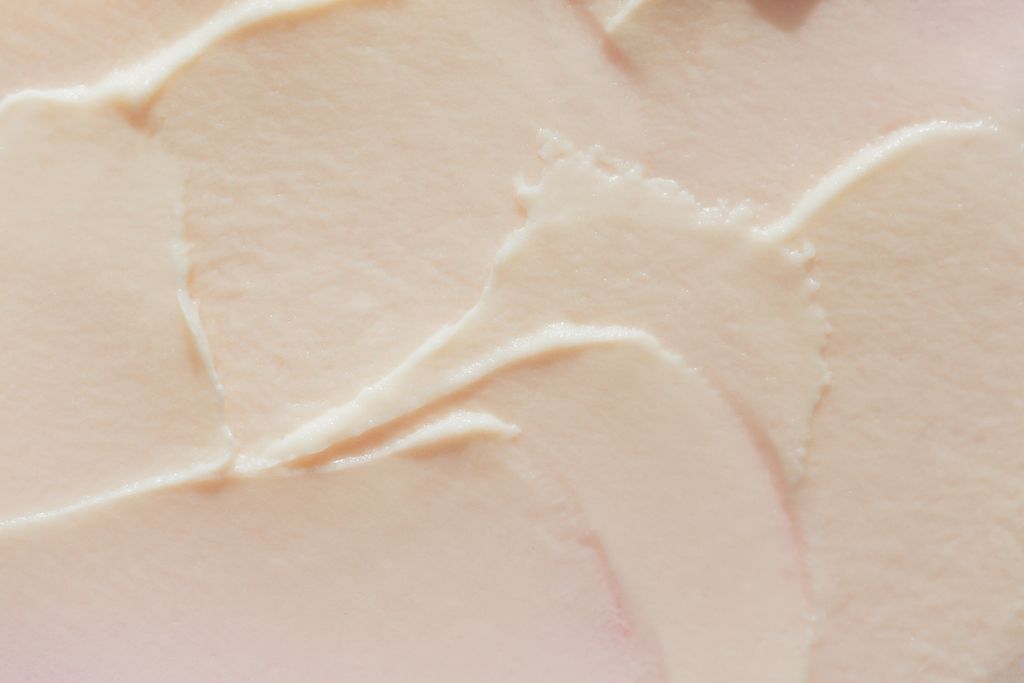Did you know that moisturizing your skin while it’s wet—like straight out of the shower—is the best way to keep it adequately hydrated all day long? That’s because the dampness helps lock in the essential ingredients of the moisturizer you choose. Of course, not all moisturizers are created equally. While you might think that all body creams are just as hydrating as their competitors, the ones that deliver the most moisturized skin are those formulated with emollients like murumuru butter.
Murumu-what? Yeah, that’s the common response given shea butter, coconut oil, and cocoa butter typically get all the love (and attention). But if you look through some of the top-rated creams on the market, you’ll notice that murumuru is right up there with the best of them. To teach you why that’s the case, we chatted with two board-certified dermatologists for everything there is to know about murumuru butter.
Meet the Expert
- Marisa Garshick, MD, is a board-certified dermatologist who practices at MDCS Dermatology: Medical Dermatology & Cosmetic Surgery in New York City.
- Purvisha Patel, MD, is a board-certified dermatologist and founder and owner of Advanced Dermatology and Skin Cancer Associates in Tennessee.
Keep reading for a complete guide to one of your soon-to-be, must-have skincare ingredients.
Murumuru Butter
Type of ingredient: Hydrator
Main benefits: Deeply moisturizes, reduces inflammation, sensitive skin-friendly
Who should use it: In general, anyone with dry and/or sensitive skin. Murumuru butter is not recommended for acne-prone skin types.
How often can you use it: Murumuru-infused skincare products can be used daily for optimal hydration. Just be sure to steer clear of regular use of the ingredient if you have acne-prone skin.
Works well with: According to Garshick, because murumuru butter is a hydrating and soothing ingredient, it can be paired with most other ingredients. “It may be especially effective when used with a humectant such as hyaluronic acid or glycerin, as these help to draw moisture in, and murumuru can help to keep that moisture in place,” she says. Patel adds to this, noting that murumuru butter works well with other emollients such as cocoa butter, avocado oil, shea butter, vitamin E, and coconut oil, as well.
Don’t use with: According to Patel, murumuru butter shouldn’t be mixed with sunscreen. “The chemicals in sunscreen may not be as effective when layered over murumuru butter,” she says.
What Is Murumuru Butter?
Murumuru butter is derived from murumuru nuts, which fall from astrocaryum murumuru, a palm tree found in the Amazon. “Murumuru butter is rich in fatty acids, including lauric acid and myristic acid, which helps to support the natural skin barrier and prevent moisture loss,” Garshick explains.
Thanks to its moisture-trapping nature, Patel says that murumuru butter, while very beneficial for skin, is also a godsend for dry hair (but that’s a topic for another day).
Benefits of Murumuru Butter for Skin
- Deeply hydrating: Murumuru butter is rich in fatty acids and deeply penetrates the skin to hydrate.
- Soothing: Murumuru butter is rich in omega 3s, and 9s, as well as vitamins A, E, and C, all nutrients that help soothe and nourish damaged and irritated skin.
- Anti-inflammatory: Patel says that thanks to its anti-inflammatory nature, murumuru butter can be highly beneficial for those with eczema or other impaired skin barrier conditions, as it helps to repair the barrier and trap moisture.
- Less comedogenic than some other oils: When it comes to butters and oils in skincare, they tend to have the potential to clog pores. That’s why murumuru butter is a particularly fascinating ingredient. According to Patel, it’s not as comedogenic as coconut oil or other butters, which allows it to adequately hydrate dry, sensitive, and normal skin types without it causing concern for irritation.
Side Effects of Murumuru Butter
In general, murumuru is a very gentle ingredient that doesn’t come with added concern. That said, Garshick says it’s important to be mindful of the other ingredients that murumuru butter is mixed within products, as the other ingredients—such as fragrance or exfoliating acids—could be irritating.
Beyond that, Patel says that if you have a nut allergy, you may want to test a small area of your skin before using it all over.
How to Use It
Given murumuru butter is a hydrator at its core, you want to ensure that you’re applying it properly for the best results. “As with many moisturizing creams, it is best to apply after getting out of the shower and gently patting the skin dry,” Garshick says. “This is because the murumuru butter helps to trap moisture in.”
The Best Products With Murumuru Butter
:max_bytes(150000):strip_icc()/SheaMoisturer-f7162af3af3a4a2c9080269550ef21a5.jpeg)
:max_bytes(150000):strip_icc()/CrabtreeEvelyn-2940a9556ae64476aca91fe717001c28.jpeg)
:max_bytes(150000):strip_icc()/ColleenRothschild-bff69f0d3ff84540a4b23851624bdec0.jpeg)
:max_bytes(150000):strip_icc()/LoveBeautyandPlanet-d3b5b7fa4c484cb78c6ae1ce1069b81c.jpg)
:max_bytes(150000):strip_icc()/PMR22-7dd31faed69b48eabd24bbd93ee550ed.jpeg)
:max_bytes(150000):strip_icc()/ANTUBRIGHTENINGMOISTURIZER_990x1120px_1080x-d9d0075e93364472a65f1e1d17084e6b.jpeg)
:max_bytes(150000):strip_icc()/itembeautylitesauce-25af5f3ddfac45d6bc46f0142ad8f89c.jpg)
:max_bytes(150000):strip_icc()/itembeautylitesauce-25af5f3ddfac45d6bc46f0142ad8f89c.jpg)
Item Beauty
Lite Sauce Balancing Gel Moisturizer
$20.00
While murumuru butter can be too heavy for oily and acne-prone skin types, this Item Beauty best-seller is designed to mitigate those effects by pairing the newly popular ingredient with glycerin, tiger grass extract, and ceramides. Together, these ingredients work to hydrate, soothe, and balance skin, without ever leaving an oily sheen in its place.
FAQ
-
Does murumuru butter clog pores?
While murumuru butter is less comedogenic than other oils and butters, Garshick says that it should be used with caution for those with acne-prone skin.
-
Is murumuru butter good for dry skin?
Murumuru butter is an excellent choice for dry skin. It’s rich in fatty acids, prevents moisture loss, and restores your skin’s barrier.
-
What are the benefits of murumuru butter?
Murumuru butter is a wonderful humectant ingredient and helps trap in moisture, while also preventing moisture loss. It’s also an anti-inflammatory ingredient and can be beneficial for those with eczema or other skin conditions.
Melatonin-Infused Skincare Has Calmed My Super Sensitive Skin










